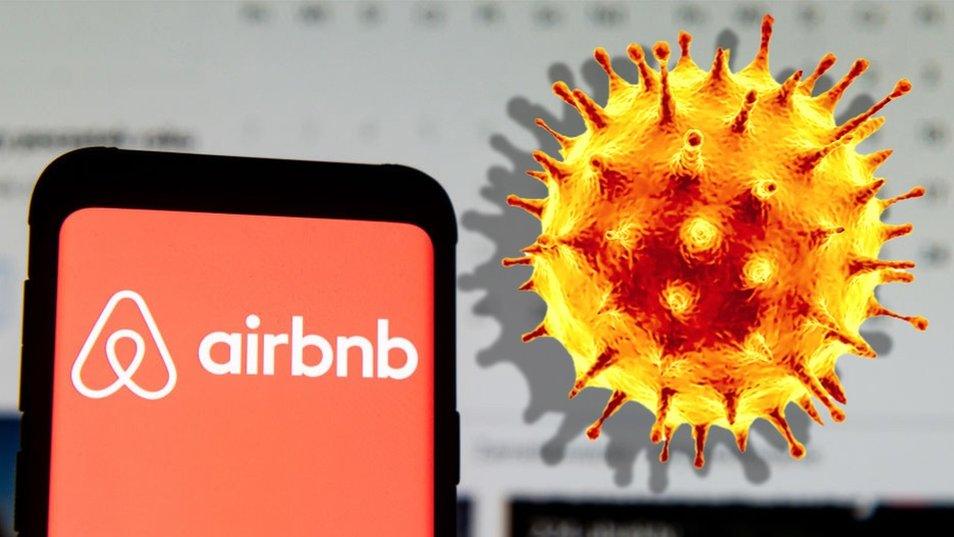Coronavirus: Boris Johnson moved to intensive care as symptoms worsen
- Published
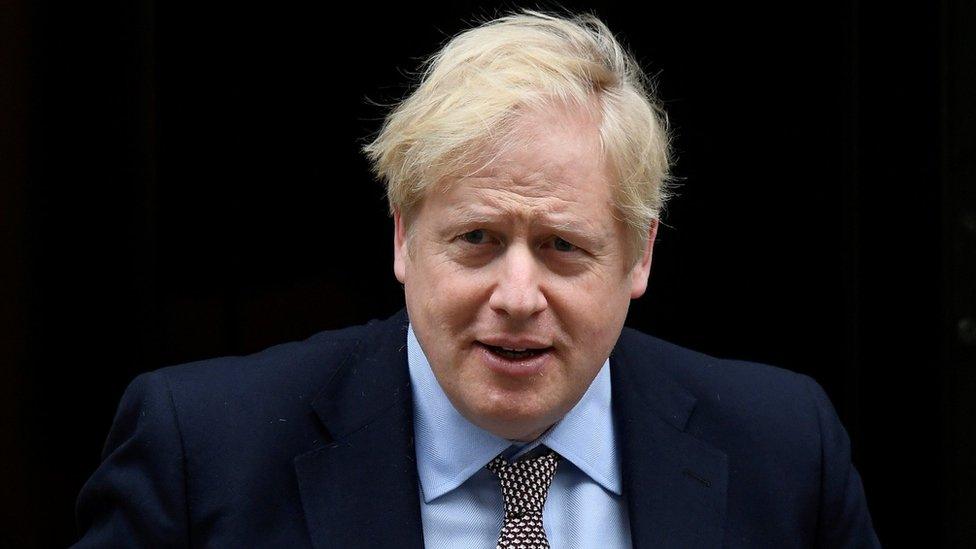
Prime Minister Boris Johnson has been moved to intensive care in hospital after his coronavirus symptoms "worsened", Downing Street has said.
A spokesman said he was moved on the advice of his medical team and was receiving "excellent care".
Mr Johnson has asked Foreign Secretary Dominic Raab to deputise "where necessary", the spokesman added.
The prime minister, 55, was admitted to hospital in London with "persistent symptoms" on Sunday evening.
The Queen has been kept informed about Mr Johnson's health by No 10, according to Buckingham Palace.
BBC political correspondent Chris Mason said the prime minister was given oxygen late on Monday afternoon, before being taken to intensive care.
However, he has not been put on a ventilator.
A No 10 statement read: "The prime minister has been under the care of doctors at St Thomas' Hospital, in London, after being admitted with persistent symptoms of coronavirus.
"Over the course of [Monday] afternoon, the condition of the prime minister has worsened and, on the advice of his medical team, he has been moved to the intensive care unit at the hospital."
It continued: "The PM is receiving excellent care, and thanks all NHS staff for their hard work and dedication."
Mr Raab - who will later chair the government's daily Covid-19 meeting - said there was an "incredibly strong team spirit" behind the prime minister.
He added that he and his colleagues were making sure they implemented plans Mr Johnson had instructed them to deliver "as soon as possible".
"That's the way we'll bring the whole country through the coronavirus challenge," he said.
Labour leader Sir Keir Starmer described it as "terribly sad news".
"All the country's thoughts are with the prime minister and his family during this incredibly difficult time," he added.
Trump asks drug companies to assist PM's recovery
US President Donald Trump said Americans "are all praying for his recovery".
He described Mr Johnson as "a very good friend of mine and a friend to our nation" who is "strong" and "doesn't give up".
Mr Johnson was initially taken to hospital for routine tests after testing positive for coronavirus 10 days ago. His symptoms included a high temperature and a cough.
Earlier on Monday, he tweeted that he was in "good spirits".
Allow X content?
This article contains content provided by X. We ask for your permission before anything is loaded, as they may be using cookies and other technologies. You may want to read X’s cookie policy, external and privacy policy, external before accepting. To view this content choose ‘accept and continue’.


After very, very little information was shared today, the prime minister was taken into intensive care at around 19:00 BST.
We've been told he is still conscious, but his condition has worsened over the course of the afternoon.
And he has been moved to intensive care as a precaution in case he needs ventilation to get through this illness.
The statement from Downing Street makes clear he is receiving excellent care and he wants to thank all of the NHS staff.
But something important has changed, and he has felt it necessary to ask his foreign secretary to deputise for him where needs be.
That is a completely different message from what we have heard over the past 18 hours or so, where it was continually "the prime minister is in touch" and "he is in charge" - almost like everything is business as usual.
But clearly being in intensive care changes everything.

Last month, the prime minister's spokesman said if Mr Johnson was unwell and unable to work, Mr Raab, as the first secretary of state, would stand in.
It comes as the number of coronavirus hospital deaths in the UK reached 5,373 - an increase of 439 in a day.
The Department of Health and Social Care said there were now 51,608 confirmed coronavirus cases.


Intensive care is where doctors look after the sickest patients - his admission to ICU is the clearest indication of how ill the prime minister is.
We do not know the full details of Mr Johnson's condition, but he is conscious and not being ventilated.
Not every patient in intensive care is ventilated, but around two-thirds are within 24 hours of admission with Covid-19.
This is a disease that attacks the lungs and can cause pneumonia and difficulty breathing.
This leaves the body struggling to get enough oxygen into the blood and to the body's vital organs.
There is no proven drug treatment for Covid-19, although there are many experimental candidates.
But the cornerstone of the prime minister's care will depend on getting enough oxygen into his body and supporting his other organs while his immune system fights the virus.


A SIMPLE GUIDE: How do I protect myself?
AVOIDING CONTACT: The rules on self-isolation and exercise
LOOK-UP TOOL: Check cases in your area
MAPS AND CHARTS: Visual guide to the outbreak

Chancellor Rishi Sunak said his thoughts were with the prime minister and his pregnant partner, Carrie Symonds, and that Mr Johnson would "come out of this even stronger".
Scotland's First Minister Nicola Sturgeon said she was "sending [Mr Johnson] every good wish", while Northern Ireland's First Minister Arlene Foster added she was "praying for a full and speedy recovery".
Wales' First Minister Mark Drakeford called it "concerning news".
Mr Johnson's predecessor, Theresa May, and former Labour leader Jeremy Corbyn both said their thoughts were with him.
Mrs May noted that the "horrific virus does not discriminate".
The Taoiseach (Irish Prime Minister) Leo Varadkar wished Mr Johnson "a rapid return to health", and French President Emmanuel Macron said he hoped he "overcomes this ordeal quickly."
European Commission President Ursula von der Leyen also wished him a "speedy and full recovery".
For Archbishop of Canterbury Justin Welby, the news "deepens our compassion for all who are seriously ill" and those looking after them.
And Mayor of London Sadiq Khan tweeted that St Thomas' Hospital had "some of the finest medical staff in the world" and that the prime minister "couldn't be in safer hands".
Dominic Raab: Boris Johnson "still remains in charge of the government"
During the government's daily coronavirus briefing earlier on Monday, Mr Raab stressed that the prime minister had been continuing to run the government from hospital.
Asked whether that was appropriate, Mr Raab said Mr Johnson would "take the medical advice that he gets from his doctor".
"We have a team... that is full throttle making sure that his directions and his instructions are being implemented," he said.
The foreign secretary added that he had not spoken to the prime minister since Saturday.
On Saturday, Ms Symonds said she had spent a week in bed with the main symptoms. She said she had not been tested for the virus.
Health Secretary Matt Hancock, who also tested positive for the virus and spent time in self-isolation, offered "all possible best wishes to Boris Johnson and his loved ones".
"I know he will receive the best possible care from our amazing NHS," he tweeted.
- Published7 April 2020
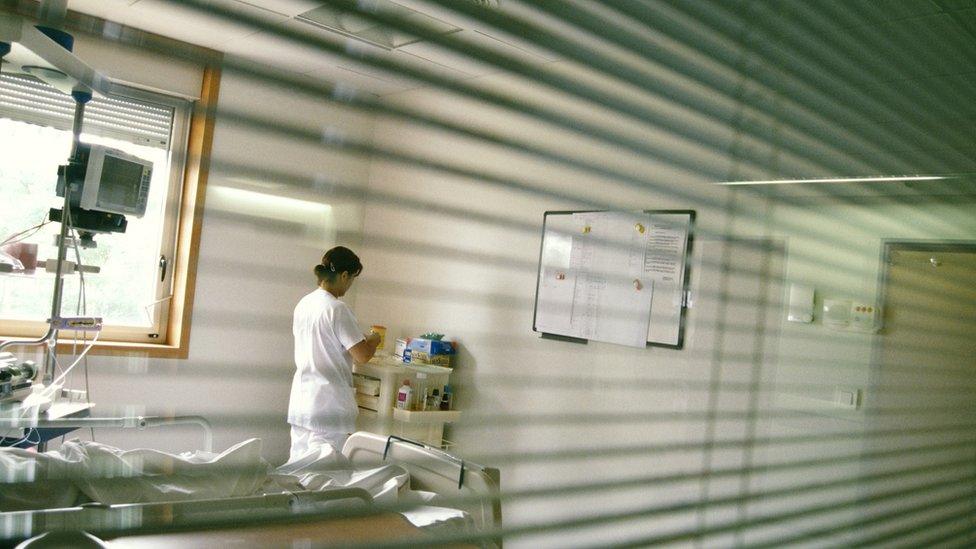
- Published6 April 2020
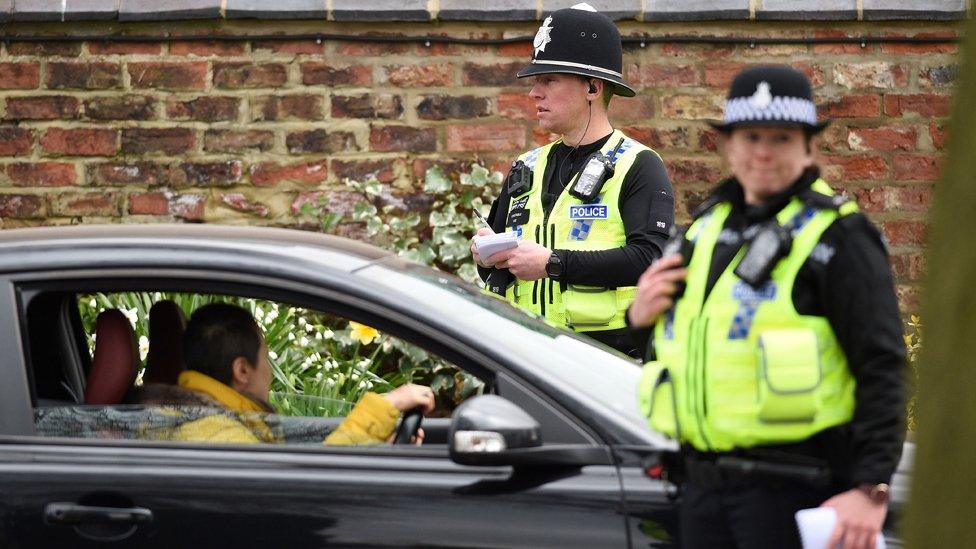
- Published6 April 2020
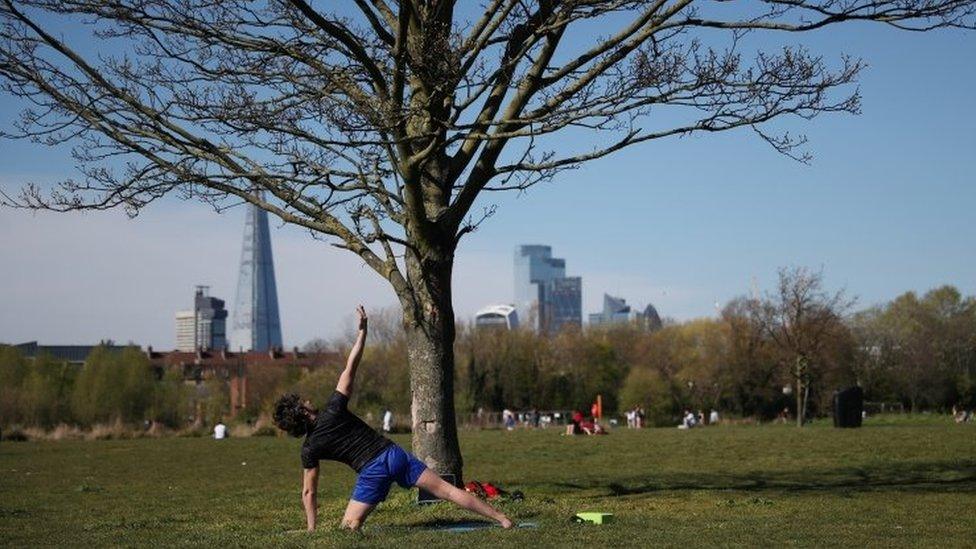
- Published6 April 2020
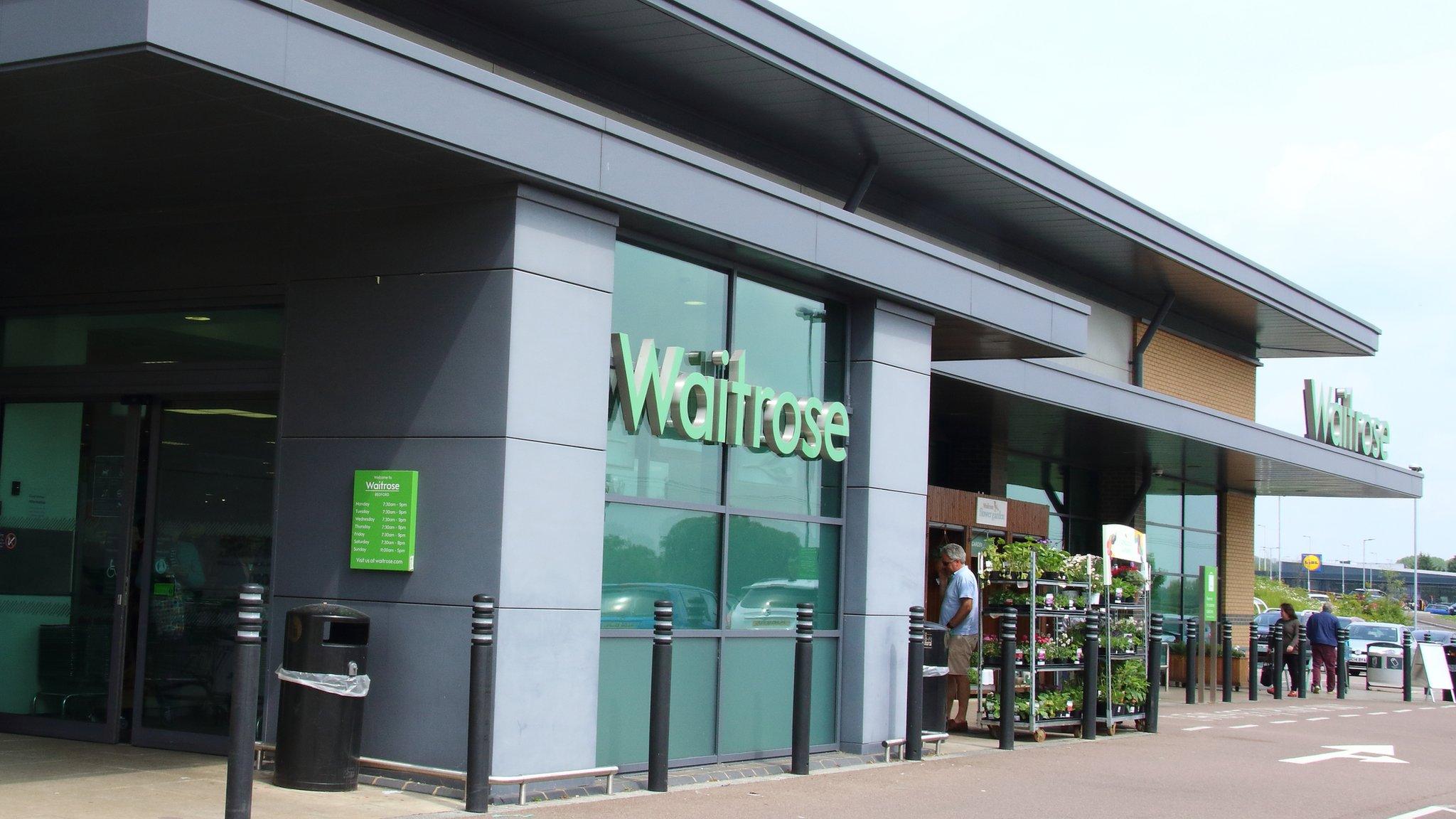
- Attribution
- Published6 April 2020
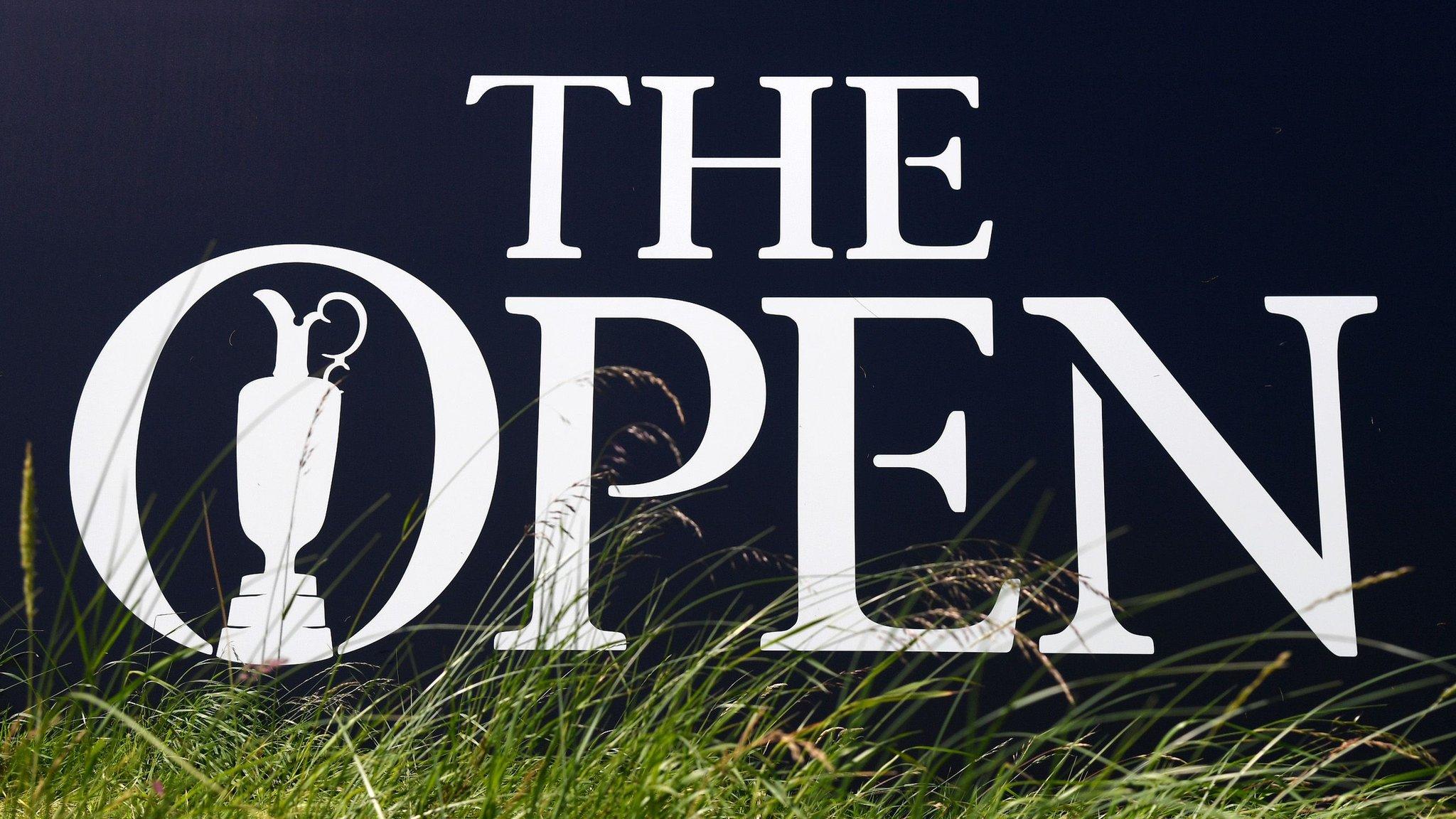
- Published6 April 2020
